One glance at the crystal-clear waters of Bora Bora is enough to understand: time slows down here.
In Polynesia, every island has its own soul. Moorea enchants with mist-draped peaks, Huahine whispers its legends through the jungle, and Rangiroa overwhelms with endless shades of blue.
In Tahiti, life pulses between colorful markets and perfect waves. Everywhere, the welcome feels genuine, almost like family. You feel at ease — maybe too much. So you stay, you wander, you listen. A trip here isn’t about ticking boxes. It’s about feeling, breathing, slowing down. Far from the noise, closer to yourself.
Top 5 Guided Tours
Places to Visit
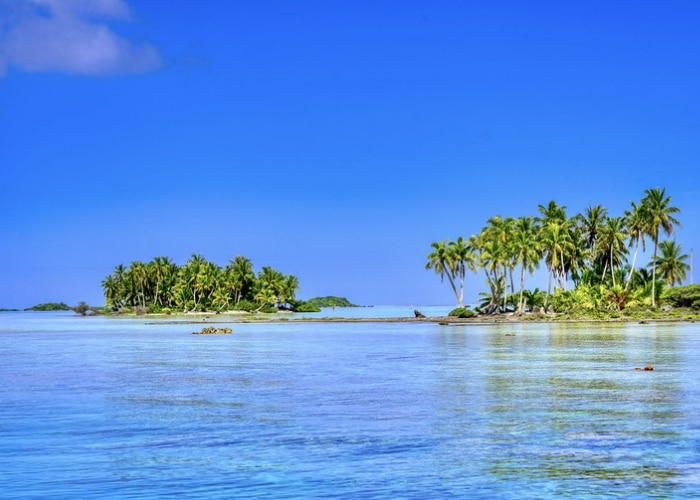
An hour by boat from Tubuai, in the Austral Islands, hides a treasure that feels almost unreal: Île aux Récifs. Wild, untouched, silent. Here, the ocean hasn’t just shaped the scenery — it has carved a maze of coral reefs where water seeps through, forming natural pools shimmering like watercolor.
At low tide, you wander among the corals. Barefoot, heart wide open. Silence broken only by the calls of brown boobies or the gentle rush of a current. Nothing touristy, everything real. No hotels, no roads. Just nature in its purest form.
This remote corner of the world, reached only by boat with a local guide, feels like stepping onto forgotten land. The shades of blue, the absence of crowds, the glint of seashells under the sun… everything invites you to slow down and truly awaken.
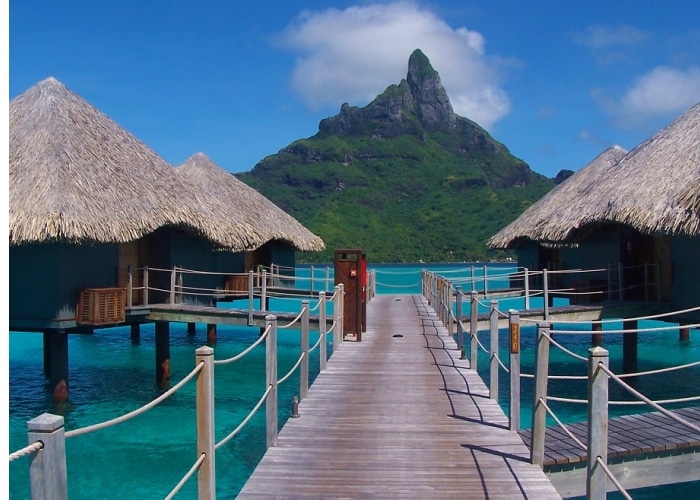
Northwest of Tahiti, tucked away in the Society Islands, Bora Bora seems to float between sky and lagoon. Its very name suggests escape. But seeing it in person is something else entirely — a gentle, almost dreamlike shock.
From the top of Mount Otemanu, a green-draped dormant volcano, you take in one of the most beautiful lagoons in the world. Below, the water shifts through every shade of blue — turquoise, emerald, deep azure. At Matira, the island’s only public beach, the sand is so soft it feels unreal beneath your feet.
You can explore the lagoon in an outrigger canoe, swim with stingrays, and sometimes spot a blacktip reef shark. There’s nothing to fear — everything feels peaceful here. Even the silences have a touch of magic.
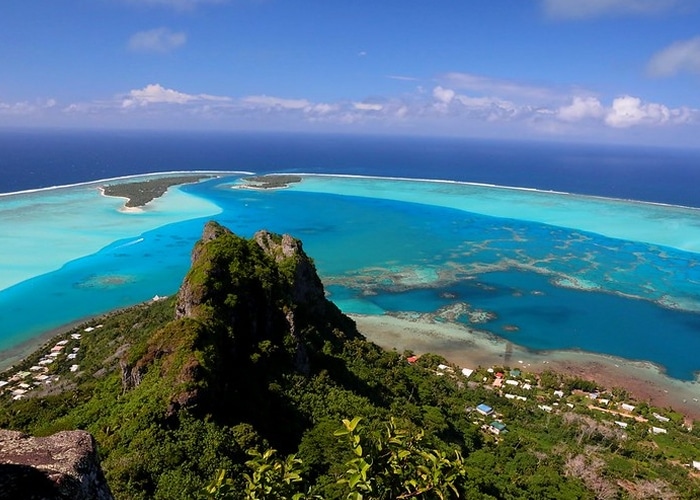
Just 40 kilometers from Bora Bora, Maupiti feels like another world. Quieter, more intimate, it offers the Polynesia you dream of — but without the flashy luxury.
Here, there are no big resorts. Just a few family-run guesthouses where the welcome is warm and genuine. The tiny island can be crossed by bike in under an hour, yet every corner invites you to linger. The lagoon, a perfect shade of blue, wraps around the island like a jewel set on glass.
From the top of Mount Teurafaatiu, reached after a short hike, the view takes your breath away. Below, the motus — small coral islets — form a turquoise lacework. You can reach them by canoe, and sometimes even on foot at low tide.
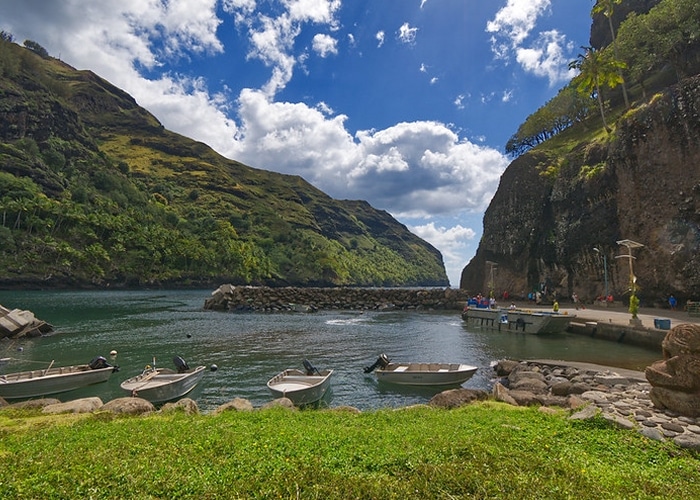
Lost in the southern Marquesas, Fatu Hiva is one of the most remote islands in Polynesia. You can only get there by boat, often after days at sea — but the journey is worth every moment.
In Hanavave, the main village, cliffs rise straight out of the ocean in a dramatic setting. The Bay of Virgins, framed by basalt spires, seems to watch over the island like an ancient temple. Every sunrise feels like a sacred performance.
Hikes lead into lush valleys where breadfruit trees grow beside waterfalls. In the shade of banyans, the calls of rare birds follow you along the path. Far from the modern world, everything here feels profoundly authentic.
You’ll meet artisans beating tapa bark, share a simple meal under a faré, and listen to elders tell stories of the forest spirits. Fatu Hiva reveals itself only to those who take their time — and what it gives, it never takes back.
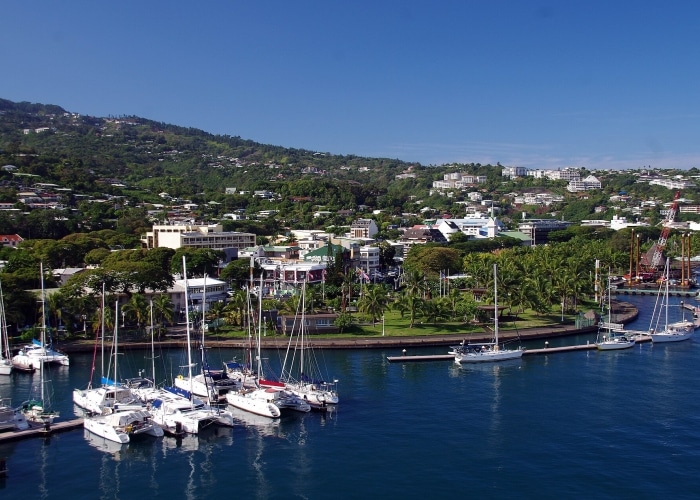
Tahiti’s capital, Papeete, is far more than just a point of arrival. It’s a beating heart — vibrant, colorful, full of contrasts. Between the green mountains and the blue lagoon, the city blends ancient traditions with modern energy.
At the municipal market in the early morning, stalls overflow with tropical fruit, shell necklaces, and brightly colored fabrics. Smiling faces pass by, the air filled with the scent of vanilla and fresh fish. Nearby, the cathedral, the food trucks on Vaiete Square, and the pearl shops all invite you to wander.
In the evening, the sounds of local music float through the air, ukuleles accompanying slow steps along the waterfront. Go a little farther, and the Paofai Gardens offer a shady, peaceful spot facing the ocean.